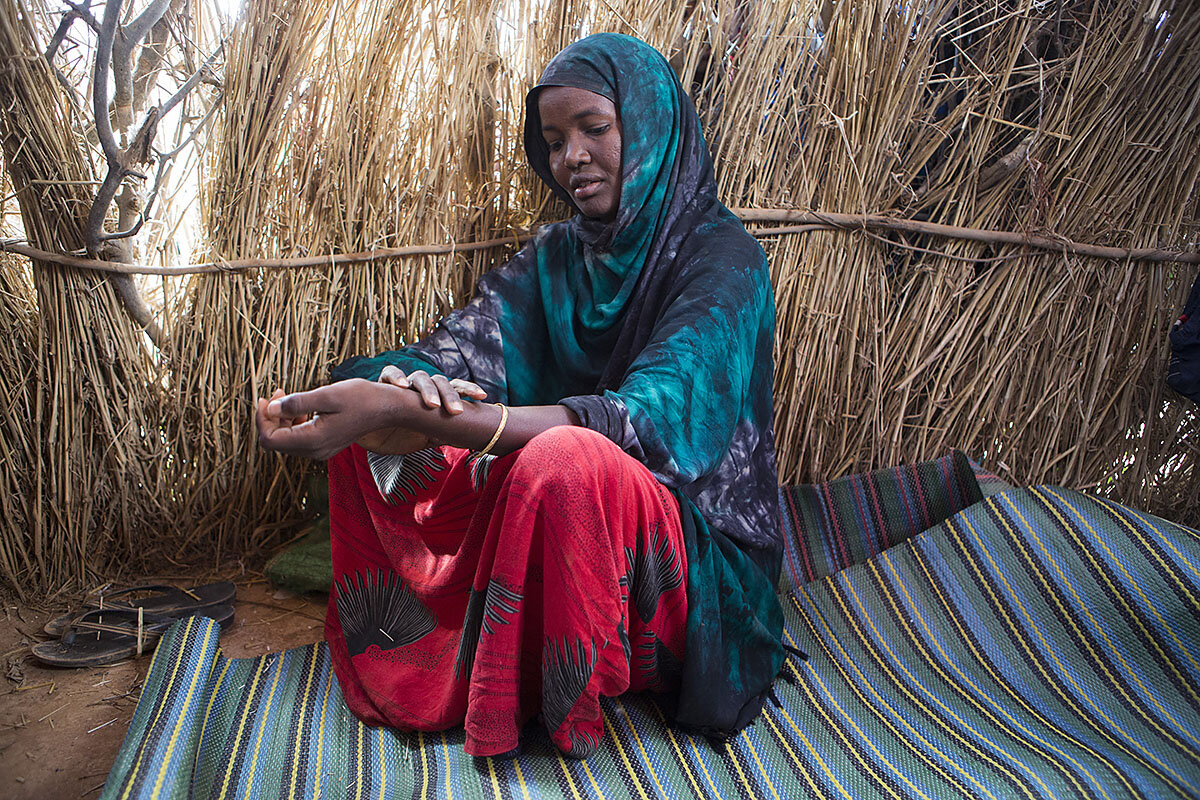With conspicuous ceremony on the Fourth of July, North Korea launched a missile that had more than a technological purpose. It aimed to promote fear.
The test suggested that North Korean missiles can now reach Alaska. That does not mean the United States is now in North Korea’s nuclear range. Both the missile and the nuclear program appear to need further development before those dots can be connected. But with each new test, North Korea is clearly trying to send a message: With each passing day, its circles of destruction widen.
Yet six months ago, a different kind of message was sent – this time to North Korea. It came from the highest-level North Korean defector in years, and he offered an assessment perhaps as frightening as a missile test to Kim Jong-un’s regime.
“Kim Jong-un’s days are numbered,” said the diplomat, Thae Yong-ho.
Such pronouncements are not new. The collapse of the Kim dynasty has been forecast too many times to mention. Moreover, it is virtually impossible to confirm the credibility of Mr. Thae’s comments. Certainly, he is not an impartial judge.
But his words are intriguing. Why is Mr. Kim in trouble? Because, despite Kim’s best efforts to keep ironclad control of the economy, black markets are growing in new and more brazenly open ways, Thae says. And despite Kim’s best efforts to keep the rest of the world out, thumb drives with South Korean soap operas are making it through, Thae adds.
Kim’s control “can be held in place and maintained only by idolizing Kim Jong-un like a god,” Thae said.
Last year, an unprecedented North Korean research project confirmed what North Korean defectors had been saying for years: Many people in the country do not worship Kim.
“All but one of the … interviewees say people they know complain and makes jokes about the government,” said the study by Beyond Parallel. That “is an extraordinary number given the gravity with which the regime responds to criticism.”
While North Korea is attempting to present an expanding threat to the world, such reports suggest that it is also facing an expanding threat from within. They also suggest that, at a time when no military option seems remotely palatable, some of the most effective weapons against North Korea might be thumb drives and black-market hustlers.
A decade ago in Libya, Muammar Qaddafi was the brother leader, whose image stared from every street corner. The number of people who came to his compound to pay homage sometimes numbered in the tens of thousands. But then someone shared a social media post of injustice in Tunisia, and the Arab Spring swept across the Middle East. Mr. Qaddafi’s political cult crumbled.
Libya is not North Korea. The Kims have built their “hermit kingdom,” in ways that have allowed them to push cruelty, domination, and secrecy to extreme lengths. Tuesday’s missile test was, in essence, simply an attempt to expand that shadow.
But the world is pushing back, too, usually in ways that seem much less potent than a ballistic missile. Yet even the smallest freedoms, squeezed in through the cracks of a totalitarian state, carry the seeds for change.
 David Clark Scott
David Clark Scott










